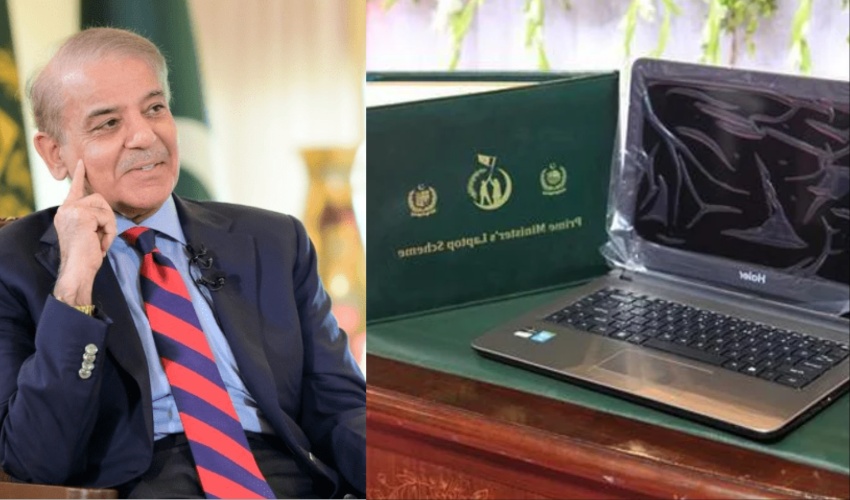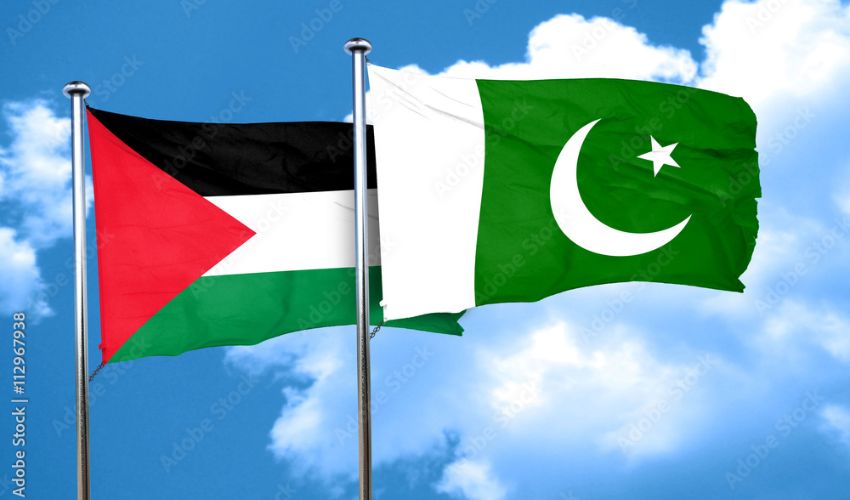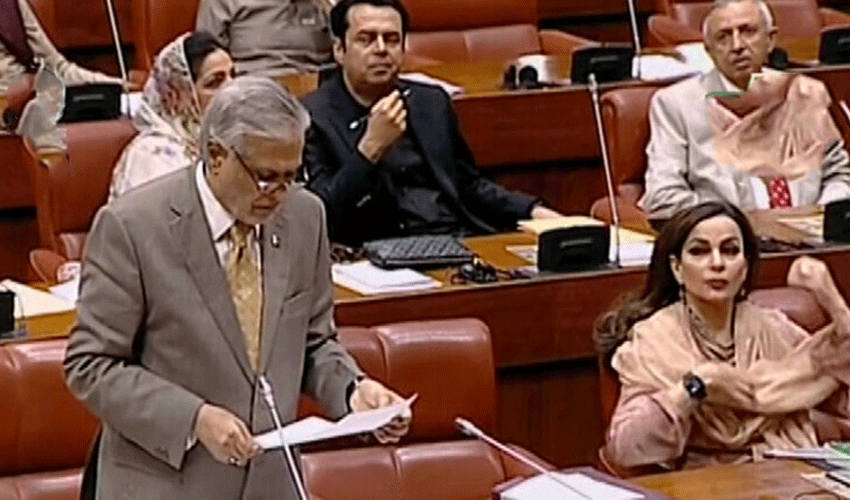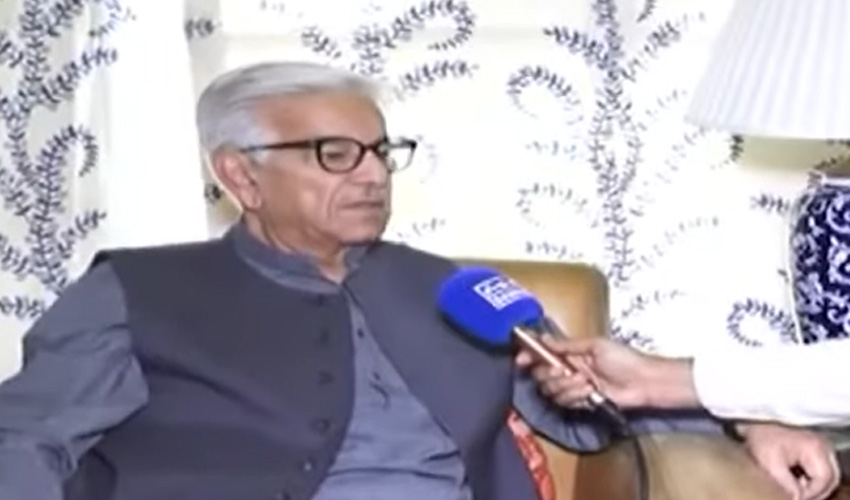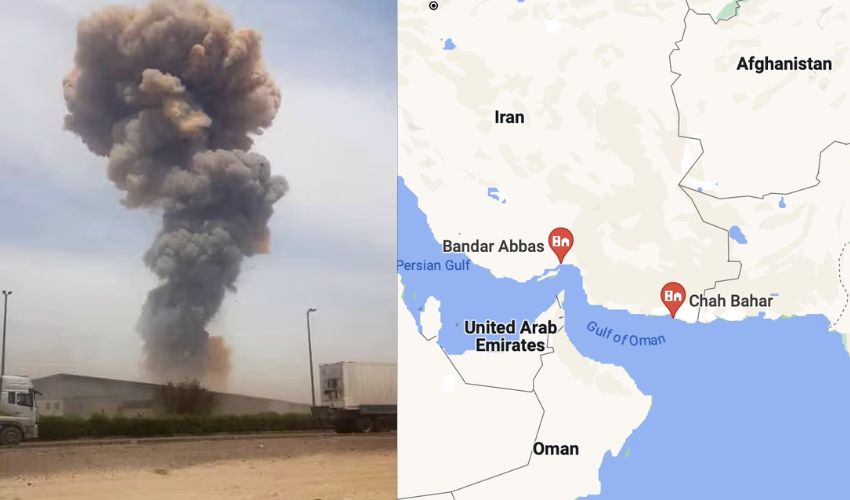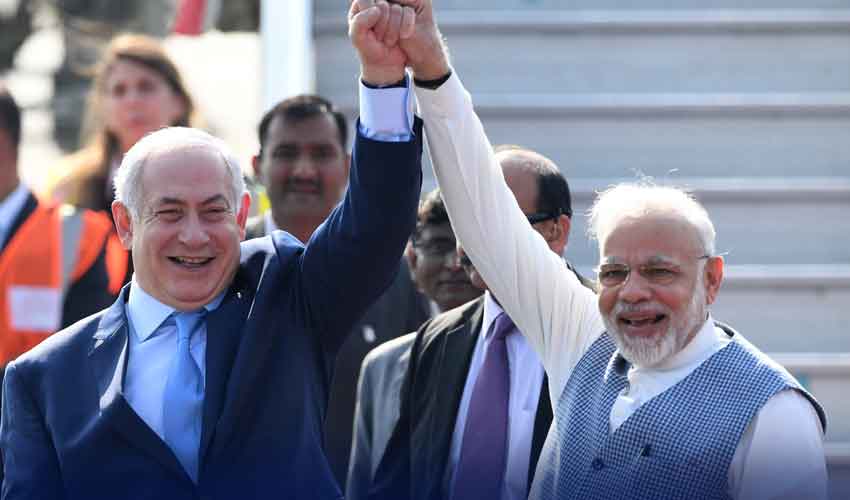In the case of Pakistan International Airlines's (PIA) ban on its flights to European countries for four years, it has been revealed that the national airlines continues to fail to demonstrate effective compliance with the stringent safety standards mandated by the European Union (EU).
The spokesperson of the European Commission has released detailed reasons for maintaining the ban. It cites PIA's ongoing inability to demonstrate effective compliance with all safety protocols. This includes essential measures concerning operational safety, maintenance practices, and regulatory oversight.
“All Pakistani airlines, including PIA, are required to implement corrective measures to address deficiencies in their safety management systems,” stated the spokesperson.
He further said the Civil Aviation Authority (CAA) of Pakistan must also utilise the necessary capabilities for effective monitoring. Moreover, no Pakistani airline, including PIA, currently features on the EU's air safety list, indicating significant concerns over regulatory compliance.
The restrictions imposed on PIA are a direct consequence of the suspension of its Third Country Operator's (TCO) license by the International Air Safety Assessment (IASA). As a result, PIA is unable to operate flights between Pakistan and European countries until it rectifies the identified shortcomings and regains compliance with EU aviation safety requirements.
The suspension of PIA's European Third Country Operator permit by IASA underscores the critical need for comprehensive reforms within the airline's safety management framework. This situation not only affects PIA's operational capacity but also raises broader concerns about Pakistan's aviation safety oversight.
In response to these developments, stakeholders within Pakistan's aviation sector are intensifying efforts to address the deficiencies highlighted by international regulators.
However, until PIA meets the EU's stringent safety standards, the ban on its European flights remains in force, impacting both the airline's operations and Pakistan's standing in global aviation safety protocols.







